Living with a chronic lung disease can be very challenging. It may seem as though there is little that can be done to improve the symptoms, but that is not entirely true. One good way of reducing the symptoms of lung disease is to receive pulmonary rehabilitation.
Pulmonary rehabilitation is for anyone with experiences chronic breathing problems. These problems can include COPD (chronic obstructive pulmonary disease), sarcoidosis, idiopathic pulmonary fibrosis, or cystic fibrosis.
But, what is pulmonary rehabilitation, exactly? The pulmonary rehabilitation program is a rehabilitative treatment option that usually includes exercise training, nutritional counseling, education on your lung disease and how to manage it, energy-conserving techniques, breathing strategies, psychological counseling, and/or group support.
Before beginning a pulmonary rehabilitation program you’ll have to update your doctor on many aspects of your life, particularly your diet, nutrition, and medications. You may also have to undergo a pulmonary function test to identify your lung function and the ability of your lungs to deliver oxygen to your organs.
Committing to a pulmonary rehabilitation program is a long-term decision, but one of the biggest benefits of doing so is that you gain a team of healthcare providers including doctors, nurses, specialists; physical, respiratory, occupational and emotional therapists; dietitians or nutritionists; psychologists and social workers.
Once in a pulmonary rehabilitation program, you will be given a tailored diet and exercise plan to follow. Usually, the exercises will be monitored by your healthcare team to ensure your blood pressure remains healthy and your breathing is correct. Exercises may include using a treadmill, stationary bike, and/or weights.
During the rehabilitation process you will also receive extensive education on how to reduce the symptoms of lung disease, as well as strategies on how to manage them (breathing techniques, energy conserving strategies, etc.)
While this may not sound like a very fun or enjoyable treatment, it will go far towards improving your pulmonary and general health. After the pulmonary rehabilitation program is over, you will be better equipped to care for your health. Some of the benefits include:
Improved quality of life
Better functions in daily life
Increased ability to exercise
Decreased symptoms of the disease or condition
Help manage anxiety and depression
There is little to lose and much to gain from committing to a pulmonary rehabilitation program. If you are unsure whether this treatment option is right for you, book an appointment to speak with one of our pulmonary specialists who will be able to answer your questions.

